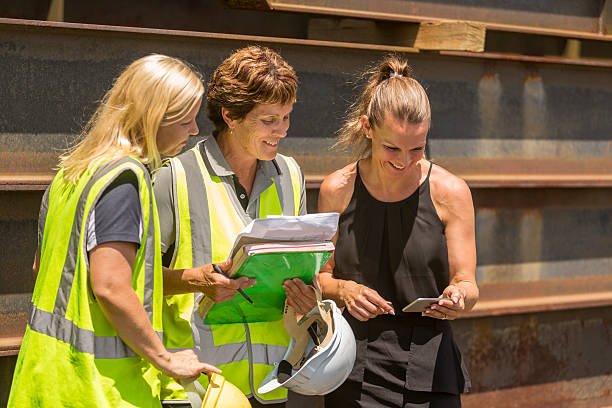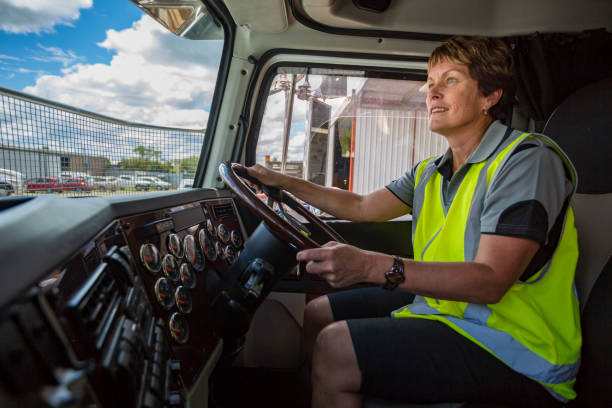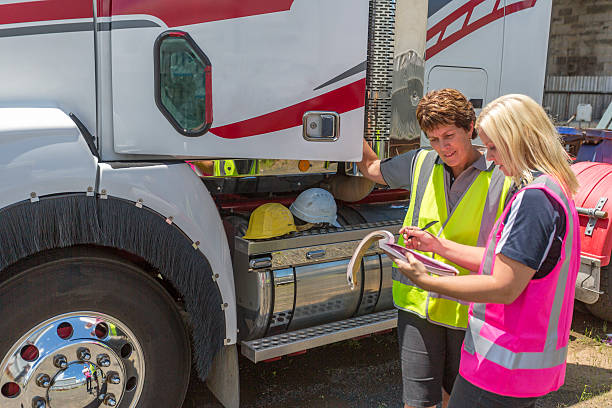A decision is expected this month on who will replace Nicola Sturgeon as leader of the Scottish National Party – and by extension first minister of Scotland. The party’s members, said to number about 100,000, will be able to vote from midday on 13 March to the same time a fortnight later. Sturgeon, who last month triggered the contest by unexpectedly announcing her plan to quit mid-term, has consistently banged the drum for Scottish independence. Last October she proposed setting up a Building a New Scotland Fund to invest £20bn in infrastructure over the first decade after the country leaves the UK. This would include hydro-energy projects, improved transport links to remote areas and affordable housing. But what do the candidates bidding to replace Sturgeon have to say on infrastructure?

Humza Yousaf
Currently health secretary, Yousaf was Sturgeon’s transport minister for two years from 2016 and jokes on his website that his sleeping bag is still in the control room where he conducted the response to the Beast from the East weather front. In one of his final appearances at Holyrood as transport minister in 2018, Yousaf set out a raft of spending commitments in central Scotland including the £500M M8-M73-M74 motorway upgrade scheme, the Edinburgh-to-Glasgow rail improvement project and refurbishment of Kincardine Bridge, which has recently been awarded to Balfour Beatty. During campaigning for the top job this month, he has called for the Scottish Government to take an equity stake in offshore wind projects and committed to “urgency” in completing the £3bn dualling of the A9. Yousaf has also indicated his desire to improve transport links across the Highlands and Islands, according to local paper reports.
Kate Forbes
As finance secretary, Kate Forbes has come under pressure over Scotland’s infrastructure spending. She told parliament last summer that the SNP had continued to spend on projects despite “rocketing inflation” and “constrained” capital funding from Westminster. “Ultimately, investing in construction and infrastructure is one way to manage the economic outlook at this hugely challenging time,” she said last June. She added at the time that the Scottish Government could dual the A9 and A96 trunk roads “much faster” if capital funding was “not being cut at every budget”. However, writing in the Press & Journal last week, the 32-year-old, who is the youngest of the leadership candidates, insisted she would hit the ground running if appointed and “instruct Transport Scotland to consider whether it can deliver a plan to dual the A9 by the end of the decade”.

Ash Regan
Backbencher Ash Regan, the MSP for Edinburgh Eastern, resigned from a post as community safety minister last October over the government’s controversial gender recognition reforms but has thrown her hat in the ring for the top job. She has pledged to make the Acorn Project – an energy decarbonisation initiative run by partners including Shell UK – her “number one priority”. “Instead of freezing developing the North Sea, we will support new offshore developments on the basis that they have a carbon capture proposal as a licence condition,” said Regan. Like the other candidates, she has pledged action to speed up dualling of the A9, including a fresh plan within 100 days of taking office and installation of a prominent project tracker at Government HQ St Andrew’s House.


Recent Comments